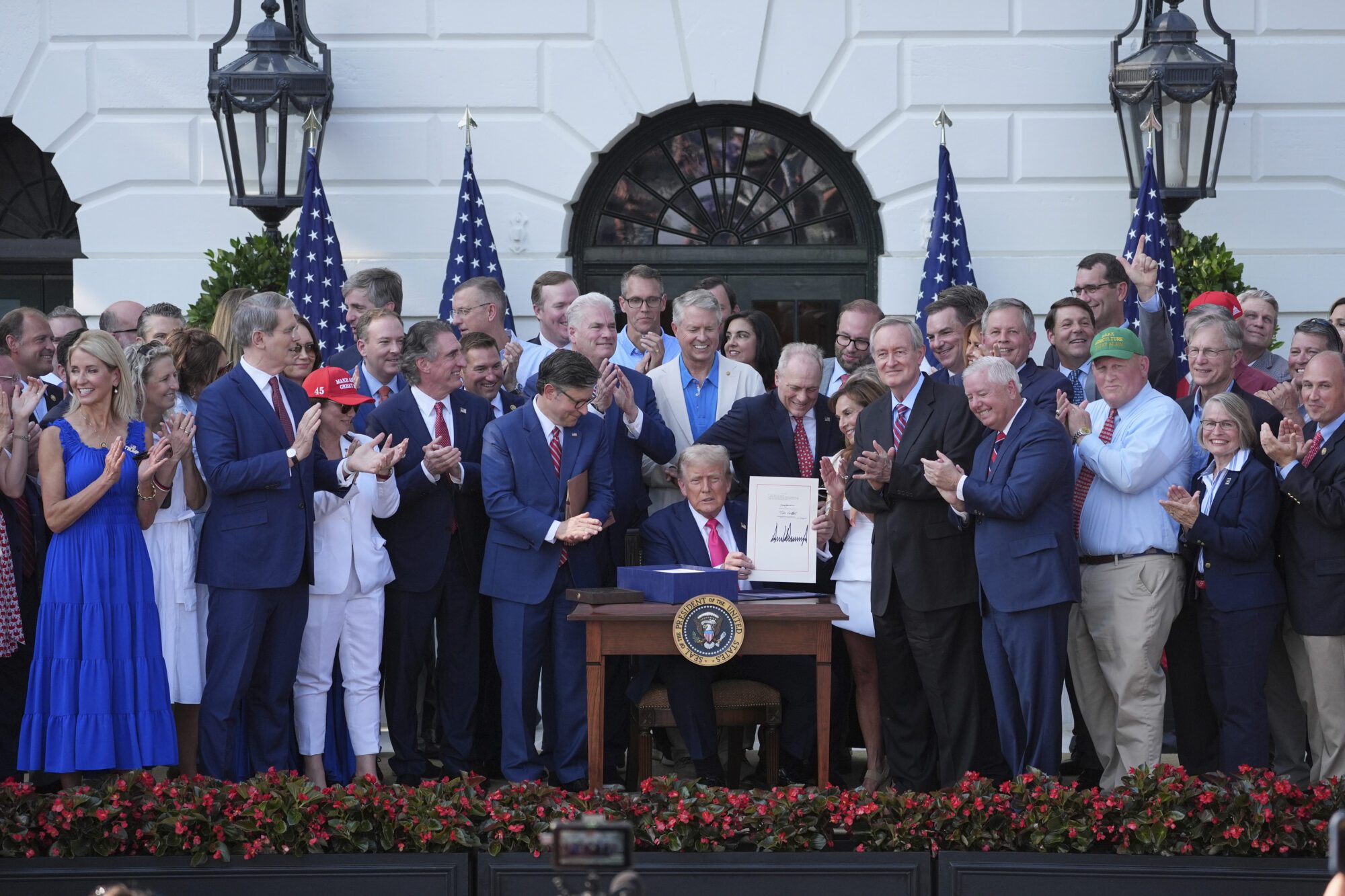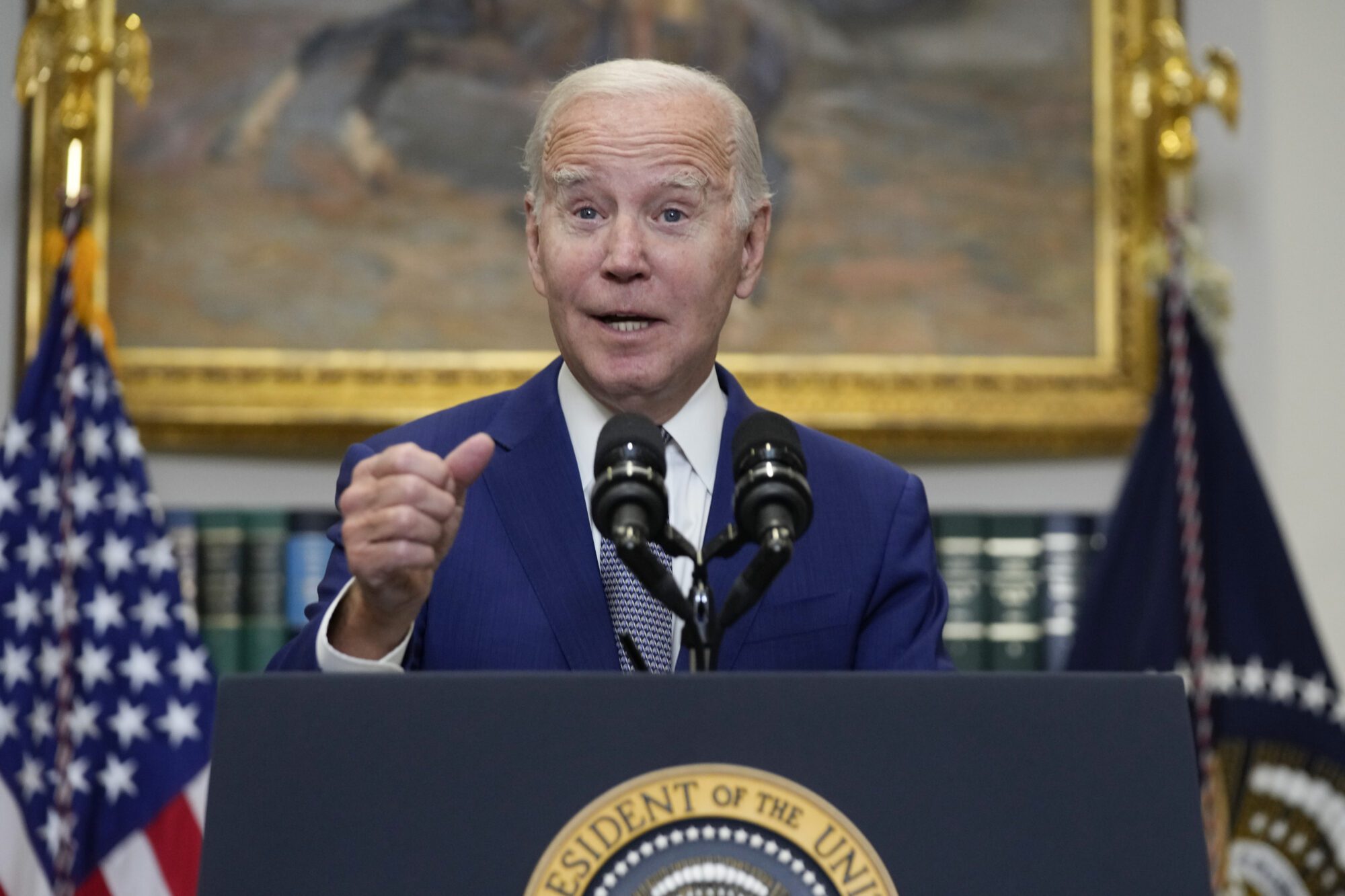RELEASE
COCHRAN TO EPA CHIEF: LISTEN TO FARMERS, BUSINESSES ON STRICTER CLEAN AIR REGS
Urges Obama Administration to Stop Burdensome Regulations that Hamper Economic Growth
WASHINGTON, D.C. — U.S. Senator Thad Cochran (R-Miss.), chairman of the Senate Committee on Appropriations, today stressed the need for the Obama administration to do more to take economic realities and local conditions into account as it tries to push new environmental regulations on agriculture, small businesses and rural areas.
Following an Interior Appropriations Subcommittee hearing Wednesday on the FY2016 budget for the Environmental Protection Agency (EPA), Cochran reiterated his belief that the agency should continue to engage stakeholders as it tries to finalize stricter National Ambient Air Quality Standards (NAAQS) by October.
“Many Mississippi farmers don’t feel that the EPA has had many, if any, hearings in public in the Mississippi Delta, where agriculture interests are so important, to talk about the conflicts that are going to naturally arise between new environmental mandates and the well-being of agriculture,” Cochran said.
“The EPA must do more to engage agriculture interests on how any new air quality standards are going to affect the bottom line for our farmers and ranchers,” he said.
At the Wednesday hearing, EPA Administrator Gina McCarthy told Cochran that agriculture interests have provided significant comments on the NAAQS proposal that will set more stringent outdoor air quality standards for measuring concentrations of specific pollutants. Counties with ozone levels above NAAQS are considered noncompliant, forcing states to implement expensive plans in order to comply with these regulations.
Cochran stressed to McCarthy the fact that, “Mississippi, like much of the Southeastern United States, has higher than average background, or natural, ozone levels due to the agricultural and timber resources,” all of which must be taken into account as the EPA proposes its new, wide-ranging regulations.
In 2008, the Obama administration lowered the permitted level of ground-level ozone from 84 parts per billion (ppb) to 75 ppb. Despite not having fully implemented 75 ppb standard, the administration in November 2014 proposed furthering lowering the permitted level to between 65 – 70 ppb. Currently, 227 counties in 27 states are considered noncompliant with the standard.
According to EPA estimates, compliance with a 65 ppb standard would cost up to $90 billion per year. The nonpartisan National Association of Manufacturers (NAM) estimates that the proposed EPA rule would reduce U.S. GDP by $140 billion per year and lead to 1.4 million fewer jobs per year. In Mississippi alone, the regulations would require $19 billion in compliance costs and result in over 13,000 lost job or job equivalents, according to NAM.
“The Environmental Protection Agency missions of protecting human health and preserving the environment are important. It is not unexpected that EPA regulations sometimes run counter to our nation’s economic interests. The balancing of those economic and environmental interests in a fair-minded way is something we must achieve,” Cochran said.
5/1/15







